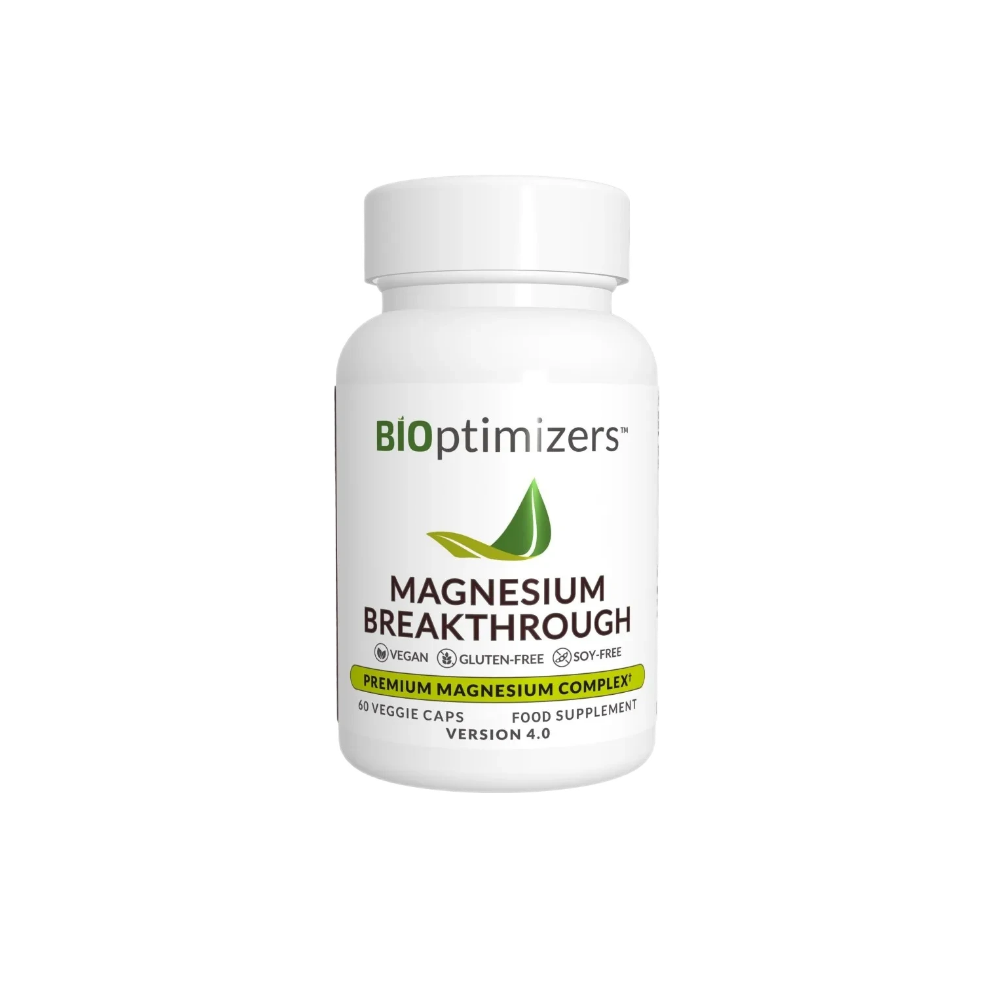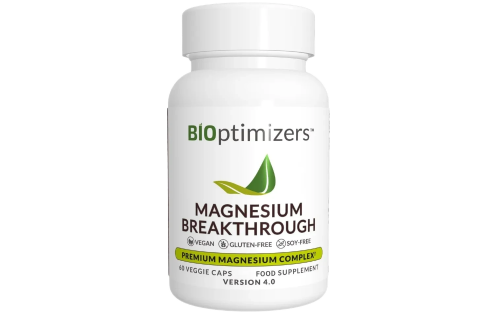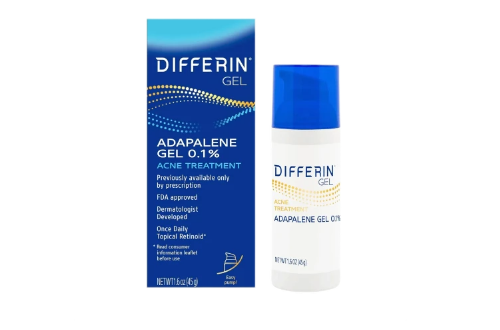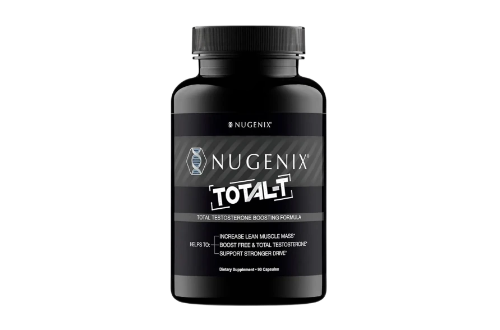-
By: rovod
-
04/20/2023
The Impact of Magnesium on the Body: Why This Essential Mineral Matters
Magnesium is one of the most important minerals in the human body, yet it often doesn’t get the attention it deserves. It plays a crucial role in over 300 biochemical reactions that keep our bodies functioning properly, from muscle contraction and nerve function to energy production and maintaining a steady heartbeat. Despite its importance, many people don’t get enough magnesium from their diets, which can lead to a range of health issues. In this blog, we’ll explore the impact of magnesium on the body and why it’s essential for overall health.
What Does Magnesium Do in the Body?
Magnesium is involved in a variety of physiological processes, many of which are vital to maintaining health and well-being. Here are some of the key roles magnesium plays:
- Energy Production: Magnesium is a co-factor in reactions that generate ATP (adenosine triphosphate), the main source of energy for cells. Without enough magnesium, your body can struggle to produce energy efficiently, leading to fatigue and weakness.
- Muscle and Nerve Function: Magnesium helps regulate muscle contractions by counterbalancing calcium, which stimulates muscle contraction. Magnesium acts as a natural relaxant, ensuring that muscles don’t contract excessively. This is why magnesium is often recommended for people who experience muscle cramps or spasms.
- Bone Health: While calcium is well-known for its role in maintaining bone density, magnesium is just as important. It helps in the conversion of vitamin D into its active form, which allows calcium to be absorbed and utilized in the body. A deficiency in magnesium can lead to weaker bones and an increased risk of osteoporosis.
- Heart Health: Magnesium helps maintain a steady heart rhythm and supports proper muscle function, including the heart muscle. It regulates the electrical impulses that control the heart’s contractions and is essential for lowering the risk of arrhythmias and other heart issues. Magnesium is also linked to healthy blood pressure levels, as it helps relax the blood vessels.
- Blood Sugar Regulation: Magnesium plays a role in glucose metabolism and insulin sensitivity. Studies suggest that magnesium deficiency may increase the risk of developing type 2 diabetes. Maintaining adequate magnesium levels helps in better regulation of blood sugar levels.
- Mental Health: Magnesium is crucial for brain health and mood regulation. It helps regulate neurotransmitters that are important for mood stability, such as serotonin. Low levels of magnesium have been associated with increased stress, anxiety, and depression.
Signs of Magnesium Deficiency
Many people may be deficient in magnesium without even realizing it. Magnesium deficiency, or hypomagnesemia, can occur due to factors like poor diet, certain medications, or conditions that impair absorption (such as gastrointestinal diseases). Here are some common signs of magnesium deficiency:
- Muscle Cramps: One of the most well-known signs, especially leg cramps or spasms.
- Fatigue: Persistent tiredness that isn’t resolved by rest can indicate low magnesium levels.
- Weakness: Magnesium is essential for muscle function, so deficiency can lead to overall muscle weakness.
- High Blood Pressure: Magnesium helps regulate blood pressure, so a deficiency may contribute to hypertension.
- Irritability or Mood Changes: Anxiety, depression, or mood swings can sometimes be linked to low magnesium levels.
- Irregular Heartbeat: Magnesium plays a role in heart rhythm regulation, and low levels can result in palpitations or arrhythmias.
How to Increase Magnesium Intake
The good news is that magnesium is widely available in many foods, and increasing your intake can help maintain optimal levels. Some of the best sources of magnesium include:
- Leafy Greens: Spinach, kale, and Swiss chard are packed with magnesium.
- Nuts and Seeds: Almonds, cashews, pumpkin seeds, and sunflower seeds are excellent sources.
- Whole Grains: Brown rice, oats, and whole wheat bread provide magnesium.
- Legumes: Lentils, black beans, chickpeas, and peas contain significant amounts of magnesium.
- Fish: Fatty fish like salmon and mackerel are good sources.
- Avocados: This superfood is not only rich in healthy fats but also contains a good amount of magnesium.
For those who may struggle to get enough magnesium from food alone, supplements are also an option. However, it’s important to consult with a healthcare professional before starting any new supplement regimen.
Health Benefits of Magnesium Supplementation
For those who are deficient, magnesium supplementation can provide a number of benefits, including:
- Improved Sleep: Magnesium helps regulate neurotransmitters that are involved in sleep, promoting deeper and more restful sleep.
- Reduced Muscle Cramps: Athletes and those prone to muscle cramps may find relief from magnesium supplements.
- Better Heart Health: Magnesium supplementation has been shown to lower blood pressure and support a healthy heart rhythm.
- Reduced Anxiety and Stress: Since magnesium plays a role in calming the nervous system, supplementing may help reduce stress and anxiety levels.
- Improved Blood Sugar Control: For those at risk of diabetes or dealing with insulin resistance, magnesium supplementation can help stabilize blood sugar levels.
Conclusion
Magnesium is essential for many of the body’s functions, from energy production and muscle relaxation to heart health and blood sugar regulation. Unfortunately, many people don’t get enough magnesium from their diets, leading to various health issues. The good news is that by increasing magnesium-rich foods or considering supplementation, you can help support your body’s many vital functions and improve overall well-being.
For those looking to enhance their magnesium intake, we recommend Magnesium Supplements available at uoushop. Whether you’re aiming to improve your energy levels, heart health, or overall wellness, these supplements offer a convenient way to ensure you’re meeting your daily magnesium needs.











Leave a comment